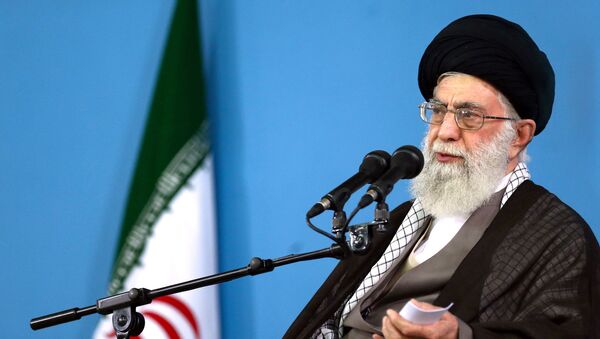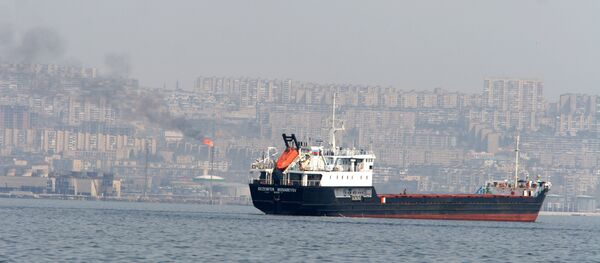The 12 member countries of the GECF, including Russia, Iran, Venezuela, Nigeria and the United Arab Emirates, account for some two-thirds of the world’s proven natural gas reserves.
"At the moment, President Rouhani’s plans may be slightly ambitious. Iran, while having quite prodigious gas reserves, still lacks many critical factors that would enable it to nearly double its production. These factors range from the technical to the political," Justin Dargin, an energy and Middle East scholar at the University of Oxford, stated.
According to the academic, Tehran lacks the skills and technology to produce the infrastructure necessary for liquefied natural gas (LNG) export.
"Yet, we still must be cognizant of the fact that the global market is still facing a gas glut, so some oil companies may not view it in their best interest to significantly invest in Iran while many export projects are being developed in Australia, East Africa and North America," Dargin suggested.
Though lifting sanctions could revive oil and natural gas production in Iran, many countries still view investment in Tehran as too risky, he said.
Another expert, a European Climate Foundation (ECF) fellow and former Bulgarian environment minister, said that Iran has the capacity to boost energy exports if it implements industry reforms.
"I would say that their ability to increase their export capacity depends very much on the success of their reform aiming to decrease domestic energy consumption and that means completion of process of removal of energy subsidies, increasing energy efficiency and rapid deployment of renewable energy sources," Julian Popov told Sputnik.
Considering Iran's enormous gas reserves, its reentry into the global gas market, following ratification of the nuclear deal, could have important consequences, Mehrzad Boroujerdi, a political science professor at Syracuse University, outlined.
"The Iran option gives European states more choices in terms of suppliers," he noted.
According to Boroujerdi, Tehran could compete with the United States and Russia in supplying LNG because of its proximity to Asia and Europe and its lower production costs.


